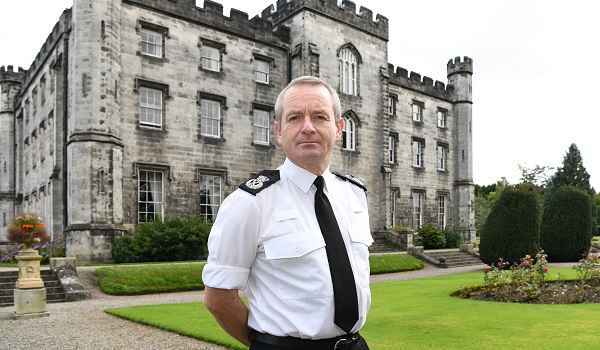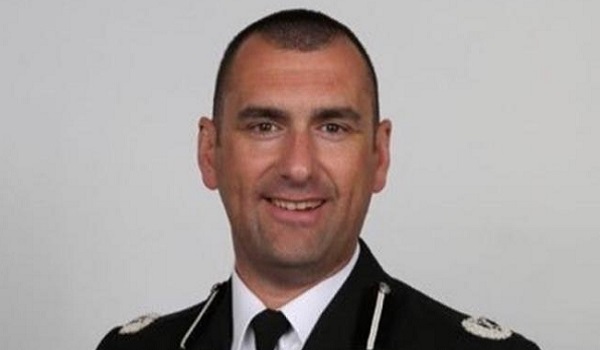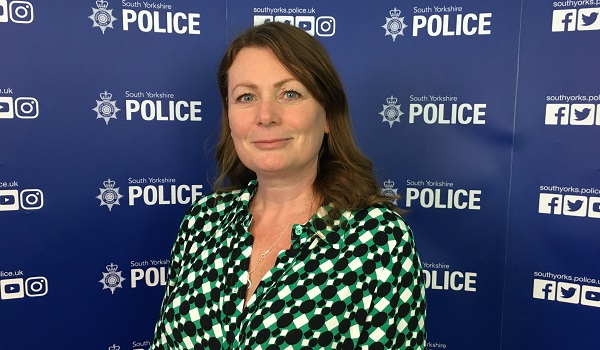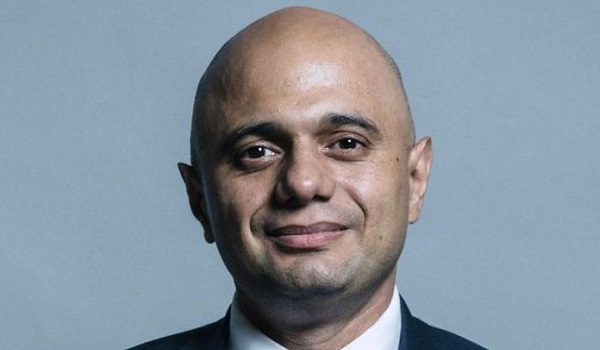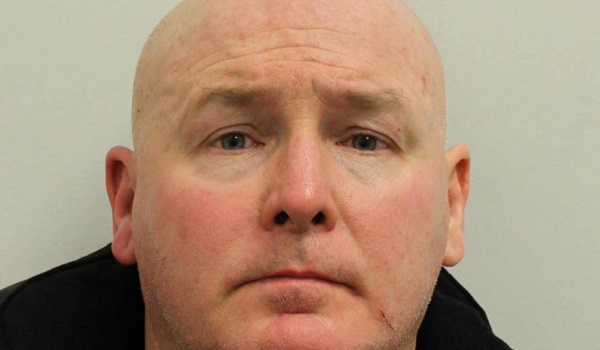Police must be 'actively anti-racist', chief constable tells Sheku Bayoh inquiry
Police Scotland must become an actively anti-racist service, Chief Constable Iain Livingstone said at an inquiry into the death of a black man in custody.
Sheku Bayoh, 31, died after being restrained by officers during a call-out in Kirkcaldy, Fife, in May 2015. His family have previously said they believe race played a part in his death.
Mr Livingstone’s comments were read out by Maria Maguire QC, who is representing him at the public inquiry in Edinburgh.
She said the focus of Mr Livingstone’s opening statement to the inquiry was on racism and policing in Scotland.
He is determined that under his command and leadership, the police service of Scotland will become “an actively anti-racist service”, she said.
Ms Maguire said: “The chief constable is sending a very clear and strong message that if you hold racist, misogynist or discriminatory views, you are unwelcome in policing. It is imperative that progress is made. Words and good intent are not enough. There will be action, practical, firm, progressive, visible action. The chief constable is aware that it is not enough to be alert to racism and deal with it on a case-by-case basis when it comes to light.
“Nor is it enough simply to be non-racist. Police Scotland needs to be anti-racist.”
The inquiry heard Mr Livingstone had been “powerfully affected” by words from Kadi Johnson, Mr Bayoh’s sister, when she said she feels unsafe in Scotland in the aftermath of his death and that she fears for her children and for her nieces and nephews.
Ms Maguire said the chief constable regards the public inquiry as “one of the most important opportunities to address the issue of racism and policing publicly”.
She said: “It is critical for the future of policing in Scotland. Without question, it is fundamental to furthering the aims of Police Scotland to serve all communities. The scope of the issue must be properly understood, acknowledged where it exists and zero tolerance of racism actively upheld and enforced.
“The question of whether or not race or perceived race plays any part in what happened on 3 May 2015 to Mr Bayoh and thereafter is a serious and grave matter for policing in Scotland and its relationship with the public.
“The chief constable reaffirms his public position that racism or discrimination of any kind is utterly deplorable, completely unacceptable, and should have no place in society and no place in policing.”
For Police Scotland to be anti-racist, the inquiry heard Mr Livingstone believes the organisation should seek to address and challenge the existence and workings of racism at all levels – personal, cultural, and institutional.
Ms Maguire continued: “This goes beyond simply delivering training and equality, diversity and inclusion, but includes following that training up with a determination to seek out and combat racism in any form.
“It means developing policies, structures and systems followed by actions to deconstruct racism and address issues of power, justice and inequality.”


